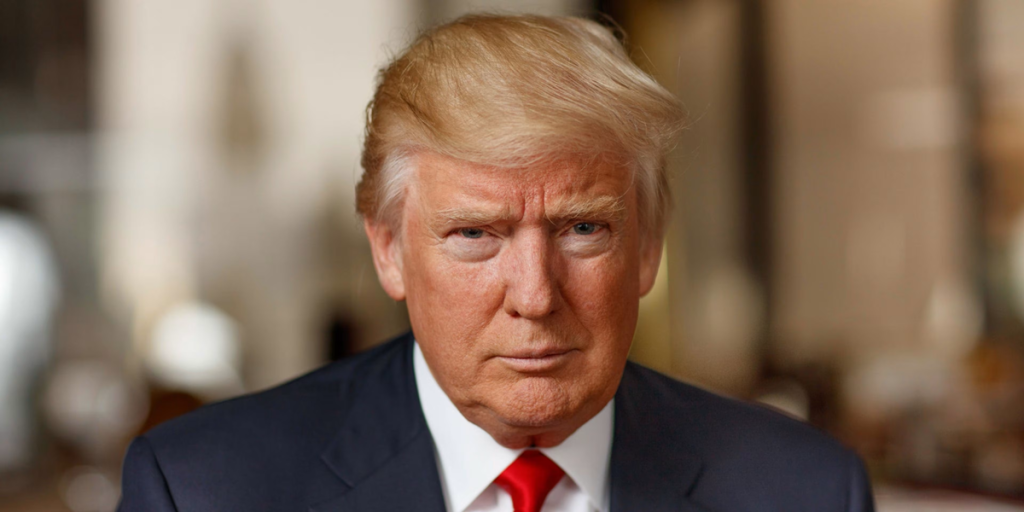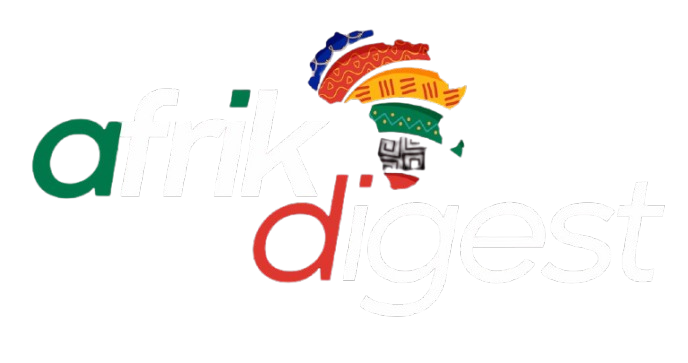
This gathering might seem like a surprise, but some analysts view it as a clear sign of America’s increasingly active diplomatic push across the African continent.
Just last month, for instance, the White House notably helped broker a peace deal between Rwanda and the Democratic Republic of Congo. This move brought a preliminary end to hostilities that had seen Rwandan-backed rebel groups clashing with DRC troops in the east for several months.
While a separate bilateral meeting with South African President Cyril Ramaphosa in May was reportedly quite tense—with some observers even describing Trump as “ambushing” the South African leader. It had been reported by some news outlets that the Trump administration would hold a summit for the five countries in Washington from July 9-11. The Trump administration has axed swaths of U.S. foreign aid for Africa as part of a plan to curb spending it considers wasteful and not aligned with Trump’s “America First” policies. It says it wants to focus on trade and investment and to drive mutual prosperity.
Troy Fitrel, head of the State Department’s Africa bureau, has also revealed that US envoys on the continent will now be evaluated based on commercial deals struck, rather than development assistance outcomes a clear signal of the administration’s new strategic direction.
The selected nations represent diverse economic profiles across West Africa, from oil-rich Gabon to emerging democracies like Senegal. The summit’s timing suggests urgency in establishing stronger commercial relationships before potential political changes affect diplomatic priorities.
Plans for a broader US-Africa summit have been announced for September, though neither American nor African officials have confirmed specific details or participant lists. The larger gathering would represent a more comprehensive engagement with continental leadership, potentially including major economic powers like Nigeria, Kenya, and Ghana.
The July summit’s success could influence the scope and ambitions of the September gathering.


